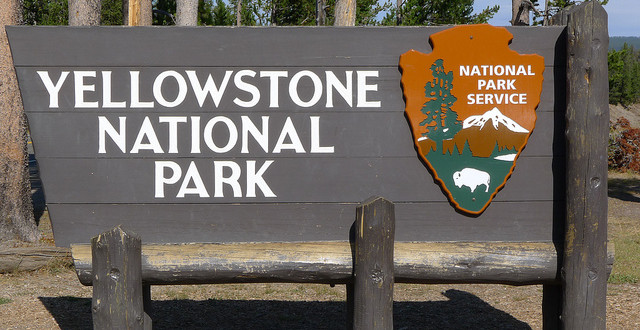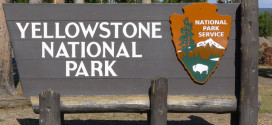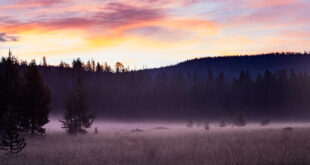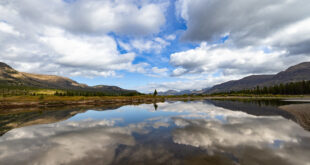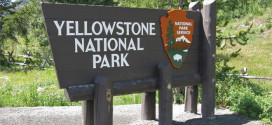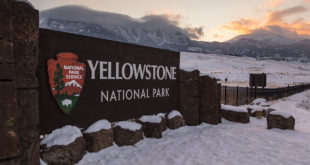The National Park Service has extended the public comment period for a proposed fee hike in over a dozen national parks including Yellowstone and Grand Teton.
The comment period was originally slated to end Thursday, November 23, 2017—Thanksgiving.
According to an NPS press release, the comment period has been extended to December 22, 2017.
So far, the agency has received over 65,000 comments. You can comment on the proposal here.
The NPS announced in October a proposal to institute “peak season entry fees” at 17 national parks in the system. Peak season generally means mid-spring to early fall. A full calendar is below, courtesy of the NPS:
– May 1-September 30 for Arches National Park, Bryce Canyon National Park, Canyonlands National Park, Denali National Park, Glacier National Park, Grand Canyon National Park, Grand Teton National Park, Olympic National Park, Sequoia & Kings Canyon National Park, Yellowstone National Park, Yosemite National Park, Zion National Park
– June 1-October 31 for Acadia National Park, Mount Rainier National Park, Rocky Mountain National Park, Shenandoah National Park
– January 1-May 31 for Joshua Tree National Park
Under the proposal, the price of seven-day passes would rise dramatically from $30 to $70. Motorcycle fees would rise to $50, while individual person/bike passes would rise to $30. An annual pass would cost $75. The NPS is also proposing raising permit fees for commercial tour operators.
However, the cost of an Interagency Annual Pass, which grants access to any national park in the United States, would stay the same at $80. Following the last round of fee hikes, Interagency Annual Pass sales actually went up at Yellowstone and Grand Teton. It is not known whether the same thing would happen if fees are raised again.
According to the NPS, the fee hike would be implemented in 2018.
The NPS argues a fee hike is needed to address the agency’s maintenance backlog, valued at $12 billion. Under the peak season fee proposal, the NPS would raise an additional $70 million in annual revenue.
Critics of the proposal say raising fees this dramatically and this quickly would price people out of the nation’s most popular national parks. They also argue that the raised revenue from this round of fee hikes systemwide is not enough to make a dent in the maintenance backlog.
National parks generally keep 80 percent of fee revenue, while 20 percent of the take goes toward the NPS as a whole.
 Yellowstone Insider Your Complete Guide to America's First National Park
Yellowstone Insider Your Complete Guide to America's First National Park
